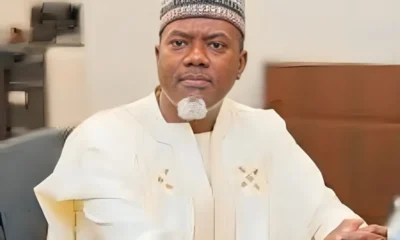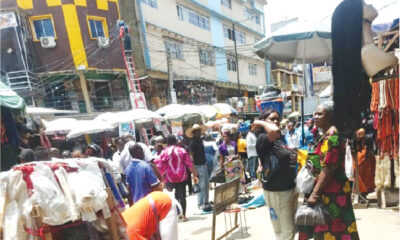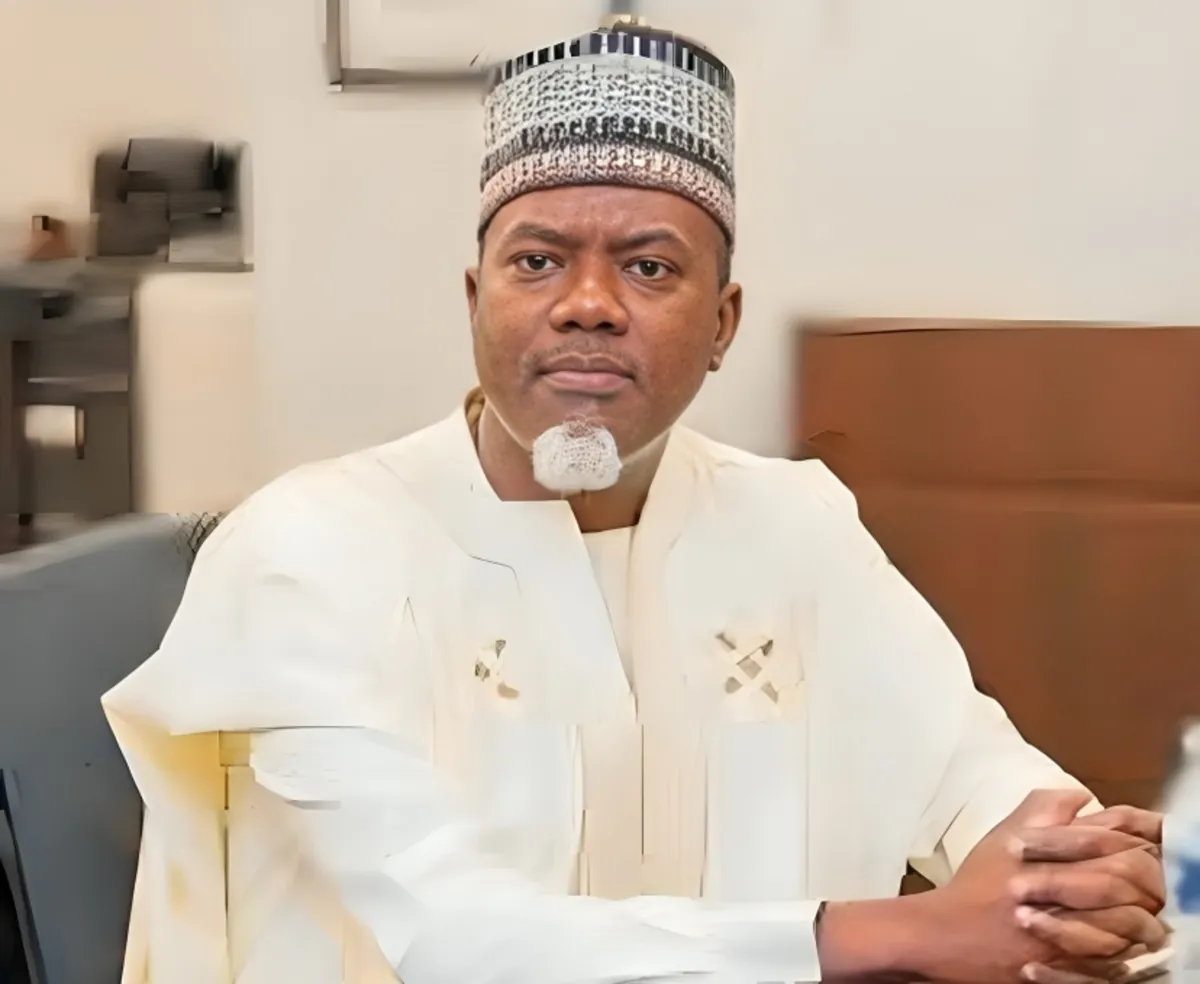Yomi Olayeye, a Nigerian national, has been taken into custody and charged with conspiracy, wire fraud, and identity theft for his purported involvement in a pandemic unemployment assistance fraud scheme totaling $10 million in the United States.
According to a statement released on Monday by the United States Attorney’s Office for the District of Massachusetts under the Department of Justice, Olayeye’s alleged actions led to his arrest and subsequent charges.
The statement read, “A Nigerian man was arrested on Aug. 13, 2024 upon arriving at John F. Kennedy International Airport in New York City on charges that he and other conspired to fraudulently obtain at least $10 million in COVID-19 unemployment benefits.
“Yomi Jones Olayeye, a/k/a “Sabbie,” 40, of Lagos, Nigeria, is charged with one count of wire fraud conspiracy, one count of wire fraud, and one count of aggravated identity theft. He made an initial appearance in the Eastern District of New York on Aug. 14, 2024 and will appear in federal court in Boston tomorrow.
“According to the charging document, between March and July 2020, Olayeye and others defrauded three pandemic assistance programs administrated by the Massachusetts Department of Unemployment Assistance and other states’ unemployment insurance agencies: traditional unemployment insurance (UI), Pandemic Unemployment Assistance (PUA) and Federal Pandemic Unemployment Compensation (FPUC).”
Olayeye and his co-conspirators were alleged to have used stolen personal information to apply for unemployment benefits in multiple states, including Massachusetts, Hawaii, and Indiana.
The statement added, “In total, Olayeye and his co-conspirators allegedly applied for at least $10 million in fraudulent UI, PUA and FPUC from Massachusetts, Hawaii, Indiana, Michigan, Pennsylvania, Montana, Maine, Ohio and Washington and received more than $1.5 million in assistance to which they were not entitled.
“Specifically, Olayeye and his co-conspirators allegedly used personally identifiable information (PII) they purchased over criminal internet forums to apply for UI, PUA and FPUC – falsely representing themselves to be eligible state residents affected by the COVID-19 pandemic.
“Olayeye and his co-conspirators allegedly used the same fraudulently obtained PII to open U.S. bank and prepaid debit card accounts to receive the assistance payments. It is also alleged that Olayeye and his co-conspirators recruited U.S.-based account holders to receive and transfer the fraud proceeds via cash transfer applications.”
They were also alleged to have used the benefits to purchase Bitcoin and concealed their connection to Nigeria by using US-based IP addresses.
“Olayeye and his co-conspirators then allegedly used the fraudulent proceeds to purchase Bitcoin via online marketplaces.
“It is further alleged that Olayeye and his co-conspirators concealed the conspiracy’s connection to Nigeria by leasing Internet Protocol addresses assigned to computers located in the United States for use in the fraudulent transactions,” the statement read.
The United States Department of Justice further explained that if convicted, Olayeye faces up to 20 years in prison, three years of supervised release, a fine of $250,000 or twice the gross gain or loss, forfeiture, and restitution.
The statement added,”The charges of wire fraud and wire fraud conspiracy provide for a sentence of up to 20 years in prison, three years of supervised release, a fine of $250,000 or twice the gross gain or loss, forfeiture,and restitution.
“The charge of aggravated identity theft calls for a mandatory minimum sentence of two years in prison to be added to any sentence imposed on the wire fraud charge.
“Sentences are imposed by a federal district court judge based upon the U.S. Sentencing Guidelines and statutes which govern the determination of a sentence in a criminal case.”
The Attorney General was reported to have established the COVID-19 Fraud Enforcement Task Force on May 17, 2021 to marshal the resources of the Department of Justice in partnership with agencies across the government to enhance efforts to combat and prevent pandemic-related fraud.

 BIG STORY5 days ago
BIG STORY5 days ago
 BIG STORY2 days ago
BIG STORY2 days ago
 BIG STORY4 days ago
BIG STORY4 days ago
 BIG STORY4 days ago
BIG STORY4 days ago
 BIG STORY4 days ago
BIG STORY4 days ago
 BIG STORY2 days ago
BIG STORY2 days ago
 BIG STORY3 days ago
BIG STORY3 days ago
 BIG STORY4 days ago
BIG STORY4 days ago























